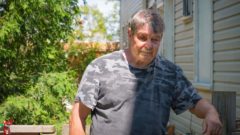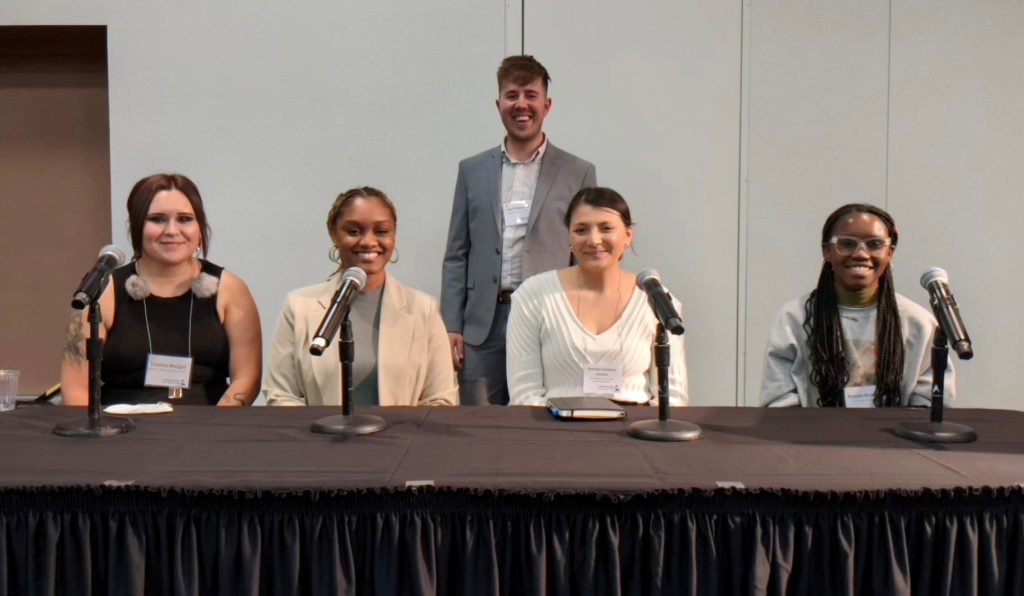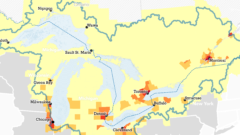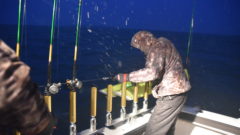Episode 2210 Lesson Plans: Constant Speed Ahead
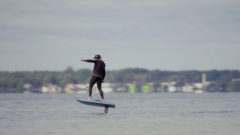
This lesson will explore the sport of eFoiling and how Newtonian physics can be used to explain the phenomenon of the surfboard moving on the Great Lakes. Students will learn to model constant speed and how balanced forces allow objects to move at constant speeds.
Lesson Objectives:
- Know about the recreation water sport e-foiling
- Understand how the position of an object moving at a constant speed changes over time
- Be able to model the motion of an object traveling with constant speed
View the entire lesson plan including teacher background information, worksheets and more below or download for free here.
Great Lakes Now
https://www.greatlakesnow.org/2022/10/episode-2210-efoiling-lesson-plan/

